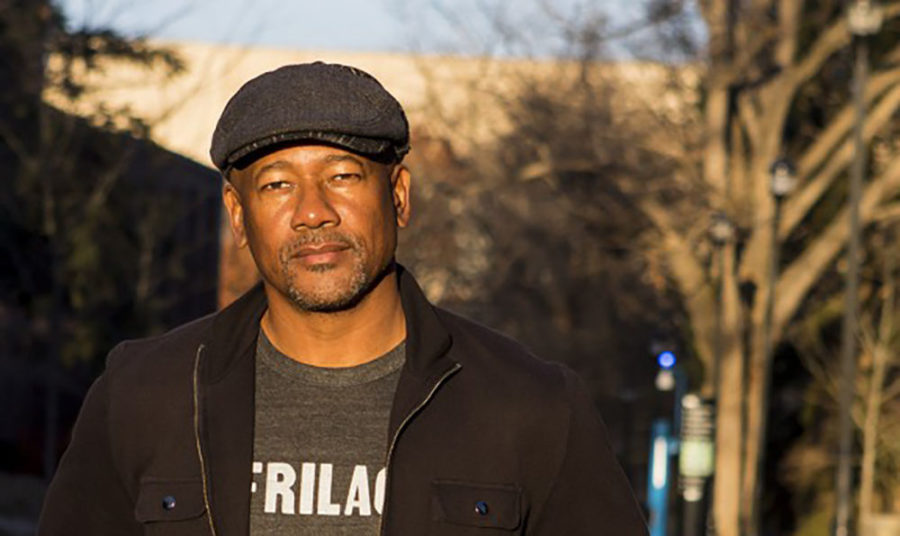Rewriting the walls with open racial dialogue
December 7, 2015
Following President Eli Capilouto’s decision to cover the controversial mural in Memorial Hall, more than 100 faculty, lecturers and graduate teaching assistants submitted an open letter calling for an open dialogue on UK’s racial climate.
In it they said making decisions to address the students and faculty’s representation and experiences behind closed doors inhibits transparency and fails to include the university community in the conversation.
“We wanted to say, ‘Look, if we’re going to be making significant changes about inclusion about the physical space, about the ways in which racial issues are discussed and handled, it needs to be a community wide conversation,” said Melynda Price, director of the African American and Africana Studies Program.
Twelve core faculty members of the African American and Africana Studies program, including Price and former Martin Luther King Jr. Cultural Center Director Frank X Walker, wrote the letter addressed to Capilouto, Provost Tim Tracy, senior administration and members of the Board of Trustees.
“As far as faculty, Melynda has a job that I used to have three years ago and we started that list then, so people have been trying to move towards an improved environment,” Walker said. “What I love about this letter is that, for whatever reason, the response to the mural touched something emotionally.”
Price said opening the decision-making to the community would allow the university’s qualified educators to put their expertise on race relations toward opportunities to educate the community.
“I always tell my students the most important thing I do is show up to teach them,” Price said. “Teaching is first and foremost why we are here.”
Many of the issues mentioned in the students’ discussion with Capilouto were also included and applauded in the faculty’s response, including the incorporation of a class on diversity, recruitment of more students and faculty of color, increased funds for the African American and Africana Studies Program, and other programs studying race, culture and marginalization.
In addition faculty said current programs on campus, such as the C.A.T.S. program and survey, could be expanded to address and empirically study UK’s racial atmosphere so that administrators could form proactive responses to racism.
One of the more urgent measures they suggest is a national search position of vice president of institutional diversity, a position that Interim Vice President Terry Allen has held since the retirement of J.J. Jackson.
Price and Walker have both dealt with racism and aggression. Because these matters can be particularly traumatic, the faculty suggested working with the counseling center to hire more mental health staff who would be familiar with ethnic and racial issues.
Reminiscent of the matter that catapulted this campus wide-movement for change, faculty proposed commissioning black artists “to create their own images of slavery and other aspects of African American and Black Kentucky History” on some of the many new walls that are being constructed around campus, so that it might “counter the impact of the mural in Memorial Hall.”























































































































































